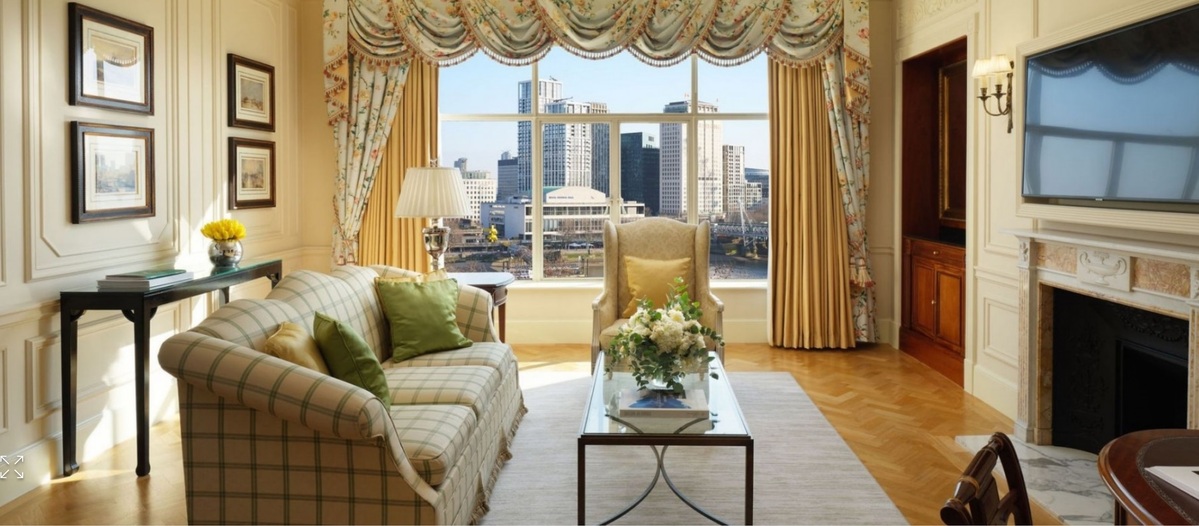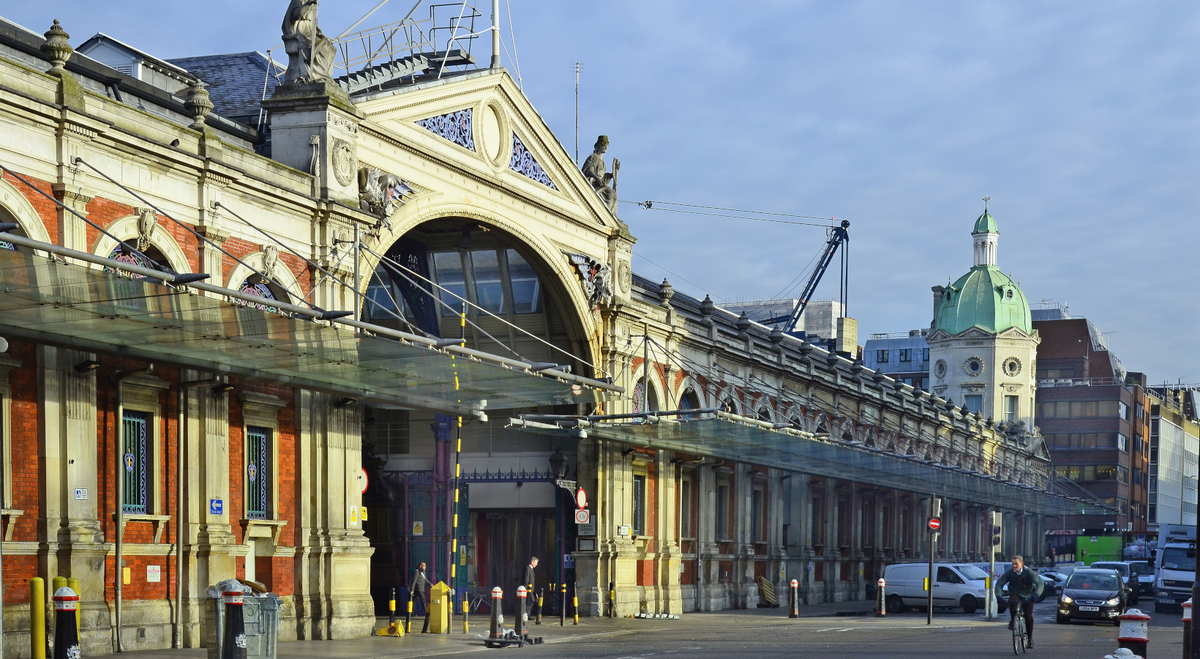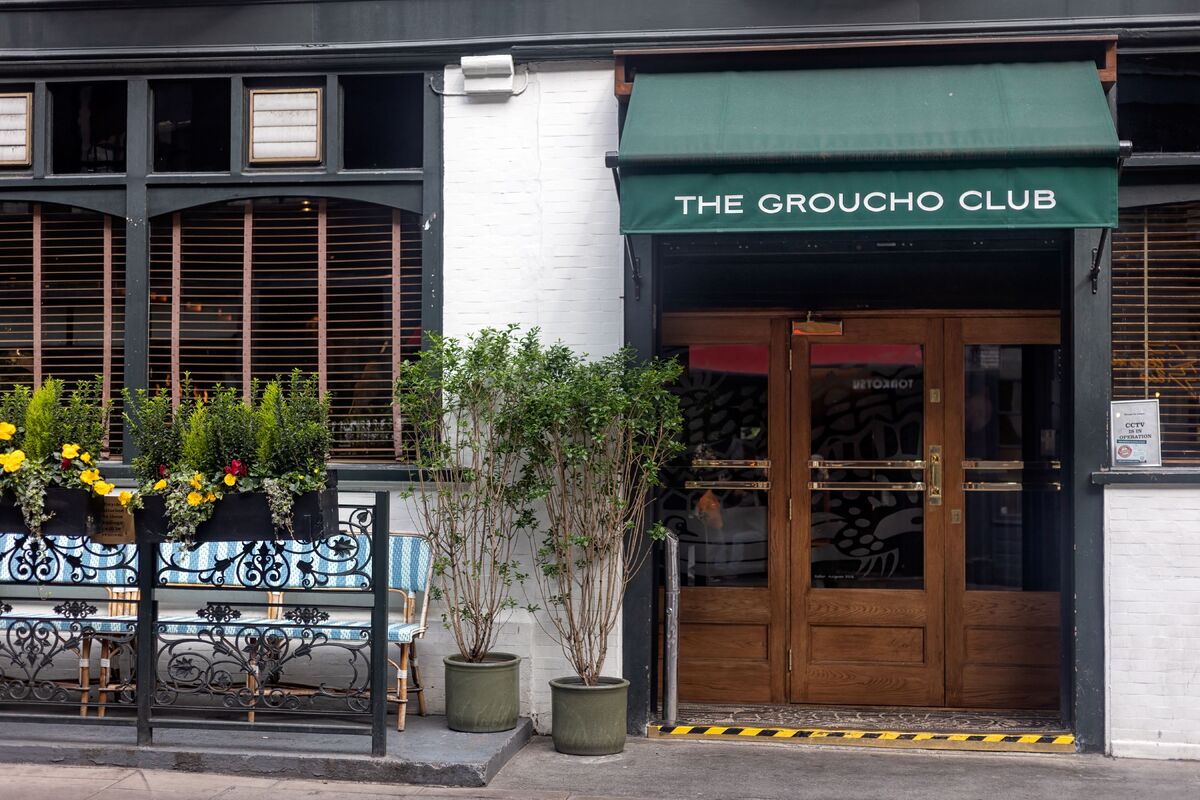Pandemic having a 'huge impact' on living standards of BAME hospitality workers
The ability of the hospitality sector to weather the pandemic and recover quickly will be crucial to the living standards of many BAME workers and their families, according to research published today by the Resolution Foundation.
The report, Ethnic minorities in the hospitality sector, published by the independent think-tank which focuses on improving living standards for those on low to middle incomes, found that people from Black, Asian and Minority Ethnic (BAME) backgrounds were disproportionately likely to work in the hospitality sector, with one in 12 (8%) employed in the sector, compared to just one in 20 white British workers (5%). Overall, 300,000 people from BAME backgrounds work in hospitality.
According to the report, hospitality is one of the lowest paying sectors in the economy, with a typical hourly pay of £8.72 and almost a quarter (23%) of workers paid at or below National Living Wage.
Furthermore, BAME workers within the sector also suffer ‘pay penalties’ – pay gaps that account for workers’ age, qualifications, experience, and the kinds of jobs they do – relative to white British workers.
BAME men face the largest pay penalty compared to white British men of 7% – or 65p an hour. Pay penalties are also notable for BAME women (5%) and white British women (3%), equivalating to lower hourly pay of 45p and 28p, respectively.
However, disaggregating the ethnic groups which comprise ‘BAME’ gave a more complex picture of experiences of working in the hospitality sector.
Indian workers in hospitality are among the highest paid ethnic group per hour (£8.96) and among the most likely to be in high paying occupations (28%), such as hotel and restaurant managers. This corresponds with two in five Indian hospitality workers holding a degree (41%) – the ethnic group with the highest proportion holding degrees.
In comparison, one in four Bangladeshi hospitality workers have no qualifications (26%) and typically earn 12% less than Indian hospitality workers at £7.85 per hour.
The Foundation added that, looking beyond the pandemic, the industry needed to explore more closely why such significant pay penalties exist for its BAME workforce.
Nye Cominetti, senior economist at the Resolution Foundation, said: “Around one in 12 Black, Asian and Minority Ethnic workers are employed in hospitality, and the hits to the sector during the pandemic are having a huge impact on their living standards.
“But it is not just the pandemic that is affecting the pay of BAME workers in hospitality; they also experience significant pay penalties relative to white British workers in a sector that already has very low levels of pay.
“As workers from BAME backgrounds are disproportionately likely to work in hospitality, a significant number of workers risk moving into unemployment when the furlough scheme ends in the spring. The government should bear that in mind for the jobs support programmes it is providing.”
Photo: Shutterstock














